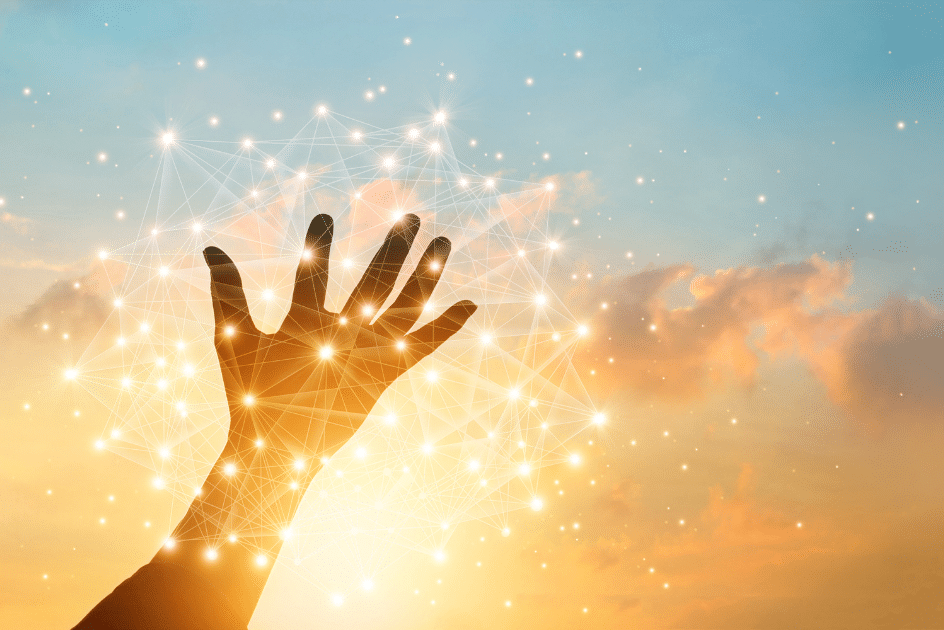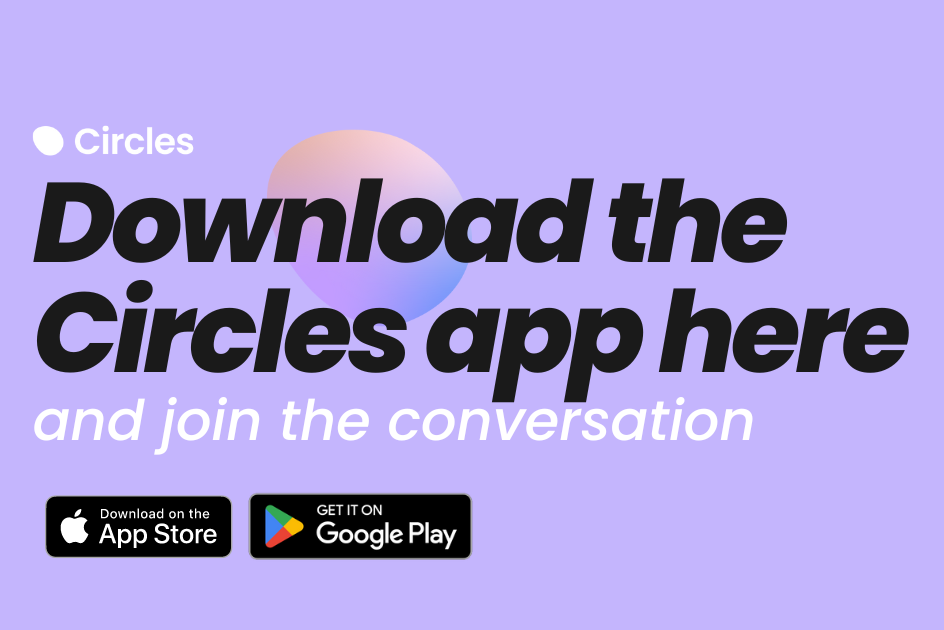
Circles CEO Irad Eichler sat down with Kelli Reinhardt, host of Make Health Matter, about how ending isolation around life challenges can have a powerful impact on mental health.
Americans are said to be lonelier and more isolated than ever before.
According to recent surveys, more than 1 in every three individuals feels lonely. Those numbers increase to 61% when looking at younger people, while half of mothers with small children say that they feel lonely or isolated.
Many people become isolated when they have to deal with the illness of a loved one when they move to a new city, when they lose mobility due to health problems, or simply by working from home instead of the office. Others feel isolated because they don’t think anyone in their circle of family or friends understands what they are going through or how they are feeling. This can have a significant impact on mental health, including compounding feelings of anxiety and depression.
By tackling isolation head-on, we can have a significant impact on our mental health and well-being as a community. Circles CEO Irad Eichler recently discussed this issue with Kelli Melissa Reinhardt on the Make Health Matter show. “Often, when people are dealing with mental health issues, they feel like nobody gets what they are going through or that they are the only ones that are dealing with the challenge. But when you are given a chance to speak to others that are in a similar situation, everything can change.”
Isolation and Mental Health
Irad experienced the power of sharing mental health challenges in a community setting when his own mother was battling (and ultimately passed away from) cancer several years ago. “I saw how cancer impacted her mental health and how on the one hand, she felt more isolated because no one really understood what she was going through. But whenever she spoke to people who were dealing with the same illness, she became really vivid and began laughing. It was so different from her day-to-day reality,” he explains.
“After she passed away, I was grieving, and I realized that I was looking for a place to speak with people that are grieving – whether they lost their dogs, their parents, or their mom. I couldn’t really find anything online except for Facebook groups. That didn’t really work because it was asynchronous communication, and even though there were hundreds or thousands of people in the group, you really didn’t know if you were going to get a response or when. I was looking for a real human connection, in real-time.”
Having worked in the mental health space for so many years, Irad became passionate about advocating for better connections and communication. “In today’s world, you can just text or email. You can go throughout an entire day without speaking to anyone face to face, which has a really detrimental effect on your mental health.”
"The first step to mental health is being able to speak about things and be vulnerable. It's funny because it's actually the other way around: when you are able to speak about things, you're no longer vulnerable. You're stronger for it."
- Irad Eichler, CEO of Circles
This led to the design of Circles, an emotional support platform that connects groups of people from all walks of life through live conversations with each other. Circles enable users to access support through voice rooms led by peers and experts who have gone through similar experiences. It’s also possible to remain anonymous.
“When you’re able to speak about your challenge without feeling shaken emotionally, that’s progress. I think that the first step to [community-supported mental health] is being able to speak about things and be vulnerable. It’s funny because it’s actually the other way around. When you are able to speak about things, you’re no longer vulnerable. You’re stronger for it,” Irad explains. “I made it my mission for the next few months to get as many people as possible talking about one thing that they went through, that they can now be vulnerable about. I believe that the more people share, the more people will share.”
The Magic of Connection
Circles ties in perfectly with the many social movements that started after the pandemic, whereby people started to help other people. “There is a shortage of 40,000 therapists in the US right now, and there is no way we can close that gap without using the right solutions and platforms,” Irad says. People who have lived experiences and want to support others can become an important resource in tackling the mental health crisis in the US.
“There is magic that happens (when people connect). We had one person join from Pakistan who had HIV and had never spoken about it to anyone before. He joined the HIV support room where he could – for the first time – hear people speaking about HIV and about being gay. After a few weeks, he decided that he wanted to help by opening up a room of his own, where he connected with someone from India, who later opened a room of their own. So even though they don’t speak the same language and even though their countries aren’t exactly friendly, they were able to connect and support one another.”
While the approach may seem unorthodox, the idea of dealing with mental health in social group settings has been adopted in a number of countries. Israel, for example, has one of the most advanced mental health services in the world in terms of rehabilitation in the community. In 2000, the government passed a law that people dealing with any kind of mental health can and should live in a community and should get all the services in the community. It was proven to be effective and decreased the number of hospitalizations. “It’s not perfect and has a long way to go, but it’s a step in the right direction,” he states.
Leading the way with technology
Irad also believes that technology can play a significant part in breaking silos and creating a safe space for people to discuss the issues that are affecting them in a highly affordable and accessible way.
“In all of humankind’s history, there’s never been a time like this one where we have so many people who are involved in helping other people. It’s extremely powerful. All we need is the right solutions, the right platforms, the right products to enable them to do so.”
Circles can be downloaded on the App Store or Google Play. For more information, visit Circlesup.com. You can watch the full episode with Irad on YouTube at the Make Health Matter show.



